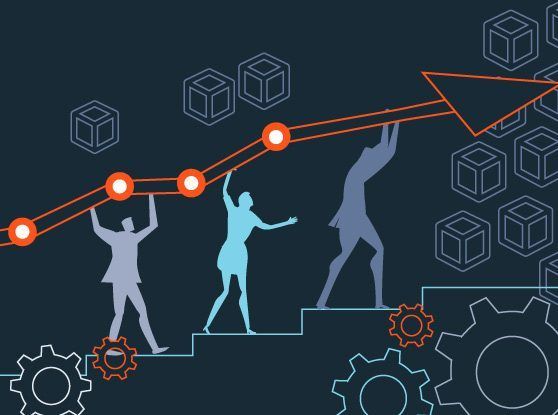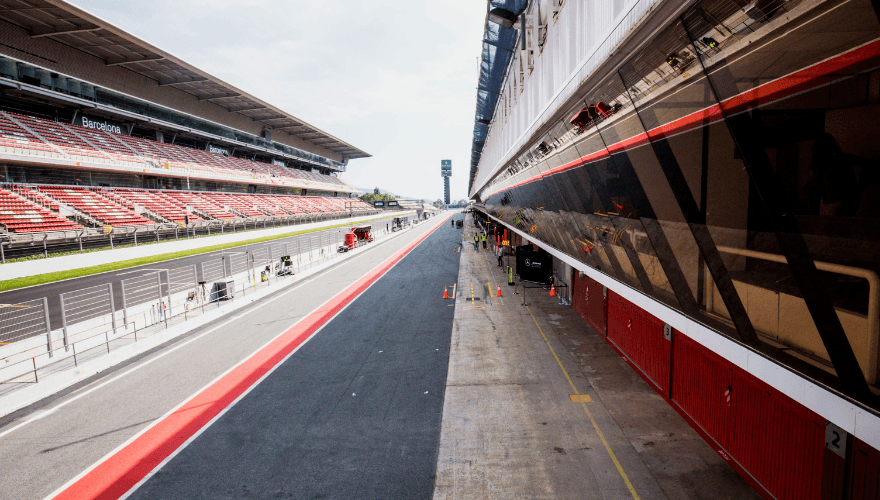
Insight IGNITE Roundtable: How 5G Will Change the World

We at Insight Partners are ScaleUp investors, focusing our investment strategy on software companies already growing at one hundred percent plus year-on-year and with large, proven addressable markets. For example, we announced investments in areas that have unlocked and seen significant tailwinds as a result of the current crisis, such as virtual collaboration, telemedicine, threat intelligence, end-point protection, and digital experience. Using that experience and to help us understand the trends and changes that are currently driving digital transformation, we host high-impact roundtables with business leaders on market-critical topics.
It’s becoming increasingly clear to us at Insight IGNITE that as 5G begins to arrive at scale globally, the IoT sector will exit its prolonged stay in the hype cycle and start to deliver its potential. To test that hypothesis, we convened a group of true thought leaders in the space, who collectively have done much to both drive 5G adoption and harness its possibilities.
Our keynote contribution came from Michel Combes, the former CEO of Sprint, and orchestrator of the mega merger of Sprint and T-Mobile. He was bullish on the benefits of 5G, sharing that “5G is going to drive major innovation and promises to unlock value in our global economy.” But he warned that geopolitical headwinds such as the U.S./China trade wars and the uncertain payback on 5G infrastructure investment for telco companies threatened to delay scale deployment in some regions of the world.
Once those challenges are resolved, he believes that there are two areas where the speed of 5G will immediately unlock innovation. First, video-streaming speeds will increase significantly, enabling huge strides to be made in VR gaming, virtual/holographic workplaces, and fan experience at sporting events. Given the pent-up demand for these innovations as a result of the current crisis, the technology is currently being developed and is simply waiting for network speeds to catch up.
The second area of acceleration will be in autonomous vehicles as a result of the reduced data/vision latency, though given the extended investment cycles in the sector, one contributor mentioned that we should take a longer-term view of these opportunities. However, when combined with wider deployment into infrastructure, 5G has the possibility to make the long-talked-about smart-city technology a reality.
Building on that, one IT leader from the consumer-energy space shared that the current crisis has shifted his thinking from the smart city to the smart home given the large number of employees who will permanently stay in the home to work. This frames the home as a delivery platform for all digital products and services, with control over access, perhaps rightly, in the hands of the individual homeowner.
In keeping with that shift, a Board Director from a large healthcare business shared that the pandemic has accelerated the use case for telemedicine, and that patients increasingly prefer to engage in healthcare from the home. 5G and AI are the critical enabler for this and can also support ongoing remote health monitoring.
One industry leader, however, sounded a note of caution at all these changes. She explained that we need to be pensive and reflective about how human behavior will be transformed by the continual connectivity provided by 5G, likening it to the upheaval experienced during the pandemic.
Nadir Izrael, Co-Founder and CTO from Armis, closed our conversation. He explained the challenge of securing this next generation of agentless infrastructure enabled by 5G.
He warned that “5G will bring new vulnerabilities as it presents a broader attack surface due to every device being connected.” This vulnerability is compounded by the acceleration of cloud infrastructure deployed during the crisis. His company, Armis, has developed the next-generation platform that counters that vulnerability and provides global companies unprecedented visibility of all of their agentless devices globally and an automated management of any resulting cyber security issues.
During his opening remarks, Michel shared that the convergence of 5G, Cloud, data, and artificial intelligence will unlock extraordinary innovation and business opportunities. As we concluded the discussion, it was clear that 5G and IoT will change the world through the use cases highlighted, but that we are three to five years away from experiencing these new innovations at scale. I left our discussion very excited about the future and excited to continue collaborating with global companies to see the opportunities through their eyes.









